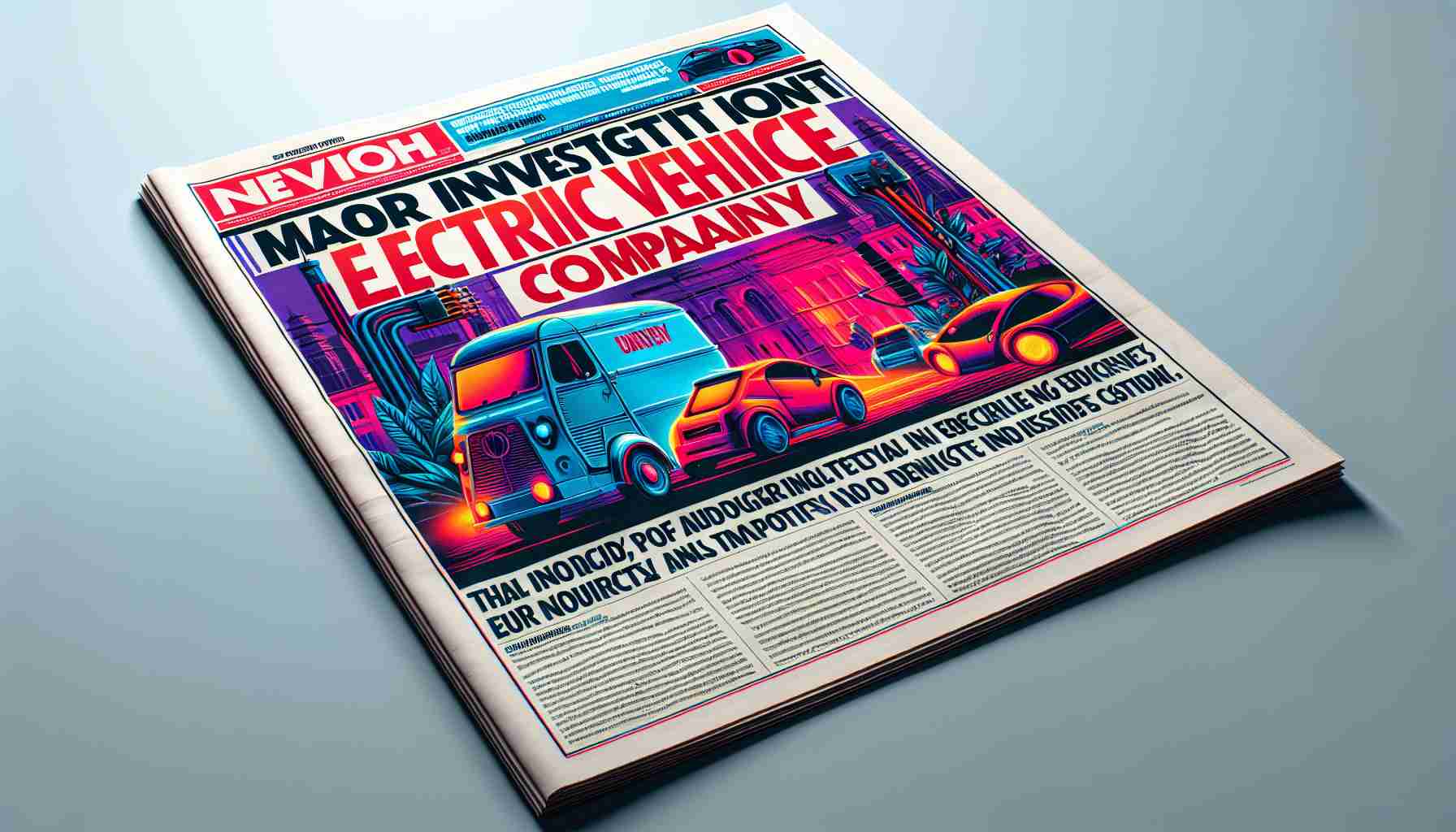India’s e-scooter giant under scrutiny for service issues
Ola Electric, a prominent player in the e-scooter market, is under the microscope as the Bureau of Indian Standards (BIS) launches a thorough investigation into concerns surrounding the company’s service and product quality. This critical examination was spurred by an unusually high number of complaints received by India’s consumer rights agency.
In a dramatic move last month, the Central Consumer Protection Authority contacted Ola Electric, demanding explanations after a staggering 10,000 complaints were lodged against the SoftBank-backed company.
The complaints raised alarm bells within the agency, prompting a detailed review of Ola’s responses. Dissatisfied with the explanations provided, the consumer rights watchdog has now tasked the BIS with conducting a comprehensive probe to uncover the root causes of these service deficiencies.
As the situation develops, the findings of this investigation will likely have significant implications for Ola Electric. The company, known for its cutting-edge e-scooters, now faces the challenge of addressing these serious allegations while maintaining consumer trust and industry credibility.
Consumers and industry insiders alike await the results of the BIS investigation, which could lead to pivotal changes in Ola Electric’s operational and product quality standards. The outcome may not only impact Ola Electric but could also set new benchmarks for service standards across India’s burgeoning e-scooter industry.
Are E-Scooters Faltering? New Investigations Challenge the Electric Future!
In recent years, the e-scooter revolution has transformed urban mobility, offering a sustainable and efficient alternative to traditional transport. However, the latest developments in India’s e-scooter market spotlight potential pitfalls in this burgeoning field. The scrutiny facing Ola Electric exposes underlying concerns that may reshape the landscape of e-mobility both in India and worldwide.
Beyond Complaints: What Lies Beneath the Ola Electric Investigation?
While the sheer volume of complaints against Ola Electric has caught the public’s attention, the investigation into the company reveals broader issues affecting e-scooter technology and its impact on humanity. The probe initiated by the Bureau of Indian Standards (BIS) could address critical areas such as battery life, durability, safety features, and customer service, which are fundamental to the consumer experience.
These factors bring to light pressing questions: Are current e-scooter models adequately equipped to handle everyday urban use? What technological advancements are essential to bridge these gaps? Such inquiries may drive innovations in battery technology and enhanced safety features, leading to a more robust and reliable product range.
The Ripple Effect on Humanity and Urban Living
The potential overhaul of service standards could also spark a broader transformation in urban planning and environmental strategies. E-scooters were initially heralded as a key green solution to congested urban areas, reducing pollution and easing traffic flow. Any setbacks in this sector not only affect market players like Ola Electric but also challenge sustainable transport goals.
In addressing service and quality deficiencies, the industry may see advancements in areas such as rapid charging infrastructure and improved ride-sharing platforms, all essential components that support widespread adoption and integration of e-scooters in daily life.
Potential Pitfalls: Advantages and Disadvantages in Focus
Pros:
– Sustainability: E-scooters continue to provide an eco-friendly alternative, essential in combating climate change.
– Convenience: Their ease of use and ability to navigate through congested areas remain attractive for urban professionals.
– Cost-efficiency: Significantly lower operational costs as compared to traditional vehicles can appeal to cost-conscious consumers.
Cons:
– Safety concerns: The current scrutiny could highlight lapses in safety standards needing urgent attention.
– Infrastructure readiness: Cities need adequate infrastructure for e-scooter integration, which may not be uniformly available.
– Quality variability: As evident in Ola Electric’s case, inconsistencies in product quality and service can deter consumer confidence.
Future Outlook: Could This Change Everything?
The ongoing investigation might not only reshape Ola Electric’s business practices but could also have wider implications for the e-scooter industry globally. What if similar issues are identified in other markets? The findings could lead to standardized international regulations, ensuring higher product consistency and consumer safety.
Moreover, how will industry leaders respond to these challenges? The balance between rapid expansion and quality assurance could define future strategies and collaborations within the tech and automotive sectors.
With the world watching and learning, the findings of the BIS probe may serve as a catalyst for future innovations in e-scooter technology and urban transport solutions. For more insights into the evolving mobility landscape, explore the latest updates at TechCrunch.







